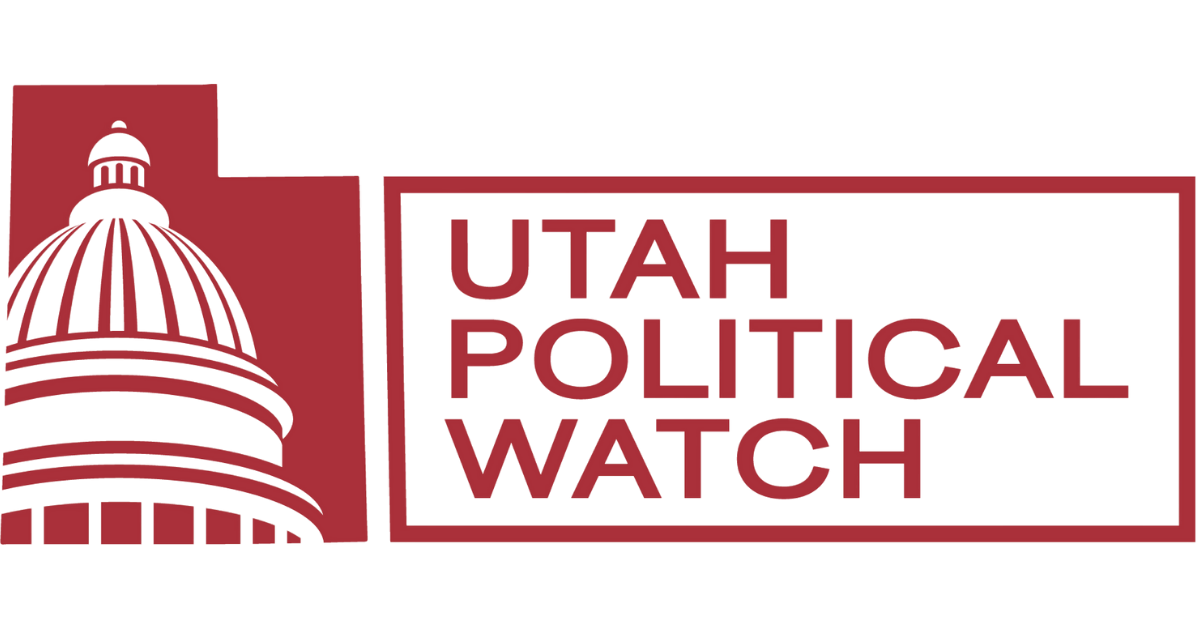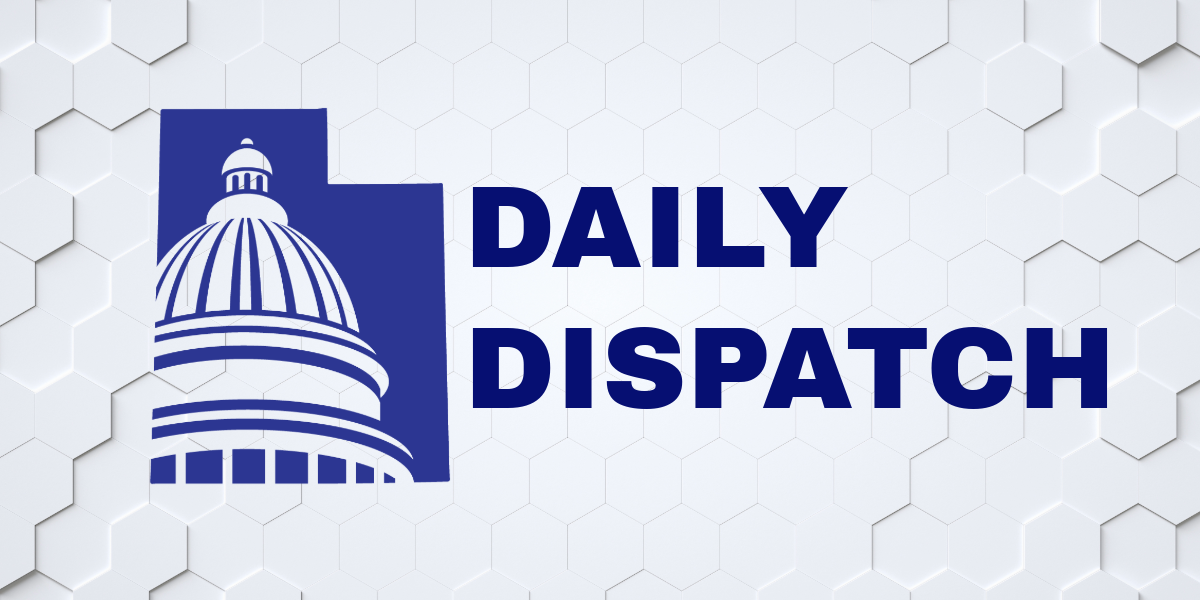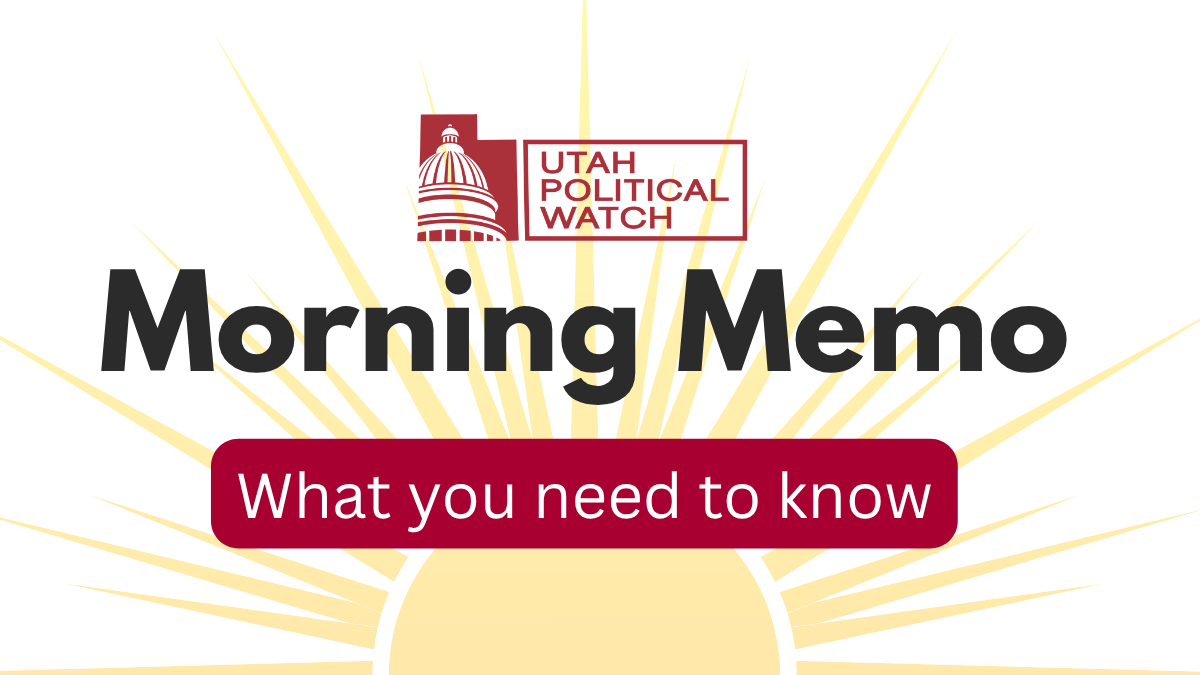Utah lawmakers are quietly walking back a controversial change to ballot language rules — sort of.
In 2024, lawmakers approved a change to Utah election law that made the Utah House Speaker and Senate President responsible for writing the description of any proposed constitutional amendment that would appear on the ballot. Prior to that, it was legislative lawyers who were tasked with that job.
The result? A legal and political disaster.
Amendment D, which sought to give lawmakers near unfettered authority to undo citizen-led ballot initiatives, was voided from the 2024 ballot because a judge ruled that the ballot description written by those leaders was misleading.
Facing the prospect of having another proposed amendment — this one about changing how the state funds public education — meet the same fate, the legislature yanked Amendment A from the ballot.
Now, in an apparent course correction, House Speaker Mike Schultz has proposed HB563, which reverts to the pre-2024 process: legislative lawyers would return to being responsible for writing proposed amendment ballot summaries.
But there’s one big difference.
Schultz's bill specifies that legislative lawyers are acting as legal counsel for the House Speaker and Senate President when writing ballot summaries – language that was notably absent in the previous law.
The message is clear: Schultz's addition suggests those two legislative leaders will likely keep significant control over how the ballot language for proposed amendment ultimately appears to voters.
New bills that caught my attention
- HB557 would replace the Utah Debate Commission with a new 11-person committee, with members appointed by the governor, speaker of the House, Senate president and minority leaders in the House and Senate, to oversee pre-election debates. The bill proposal contains a $600K appropriation.
Wednesday afternoon's headlines
Hundreds of lawyers push back on legislature's proposed changes to judiciary. [Fox 13]
Bill facilitating deportations touted leading up to legislative session stalls in Senate. [Utah News Dispatch]
Will gun safety instruction be required in Utah's K-12 classrooms? [Deseret News]
Bill prohibiting cellphones in Utah's K-12 classrooms moves closer to becoming "default" statute. [KSL]
Utah Legislature considering bill to cap medical malpractice damages at $1 million. [Fox 13]
One housing bill tabled in Utah Legislature, others still at play to help home buyers. [KUTV]
Threats poured into Granite School District after "misleading" DOGE post accused officials of misusing COVID funds. [Tribune]
School board decisions could become subject to voter referendums, bill says. [Utah News Dispatch]
Will Utah join a tri-state nuclear compact with its neighbors? [Deseret News]
What's on Thursday's agenda?
AM committee meetings
- HB366, which makes it easier for law enforcement to obtain cell phone location information from a telecommunication company when someone is missing, will be debated in the Senate Judiciary, Law Enforcement, and Criminal Justice Committee.
- The House Education Committee takes up HB453 which requires the State School Board to post information about their meetings online and limits any meeting to nine hours. Meetings must conclude by 9 pm.
PM committee meetings
- Sen. Ron Winterton's "chemtrails" bill is on the agenda in the House Natural Resources, Agriculture, and Environment Committee. (Read our previous story about how the bill is inspired by a conspiracy theory.)
- SB333, which deals with funding for "major sporting event venues" and SB336, which would allow for the construction of several smaller capacity stadiums in the area targeted for a Major League Baseball stadium, are up for debate in the Senate Economic Development and Workforce Services Committee.
- A resolution supporting Congressional term limits is scheduled for the Senate Government Operations and Political Subdivisions Committee.






